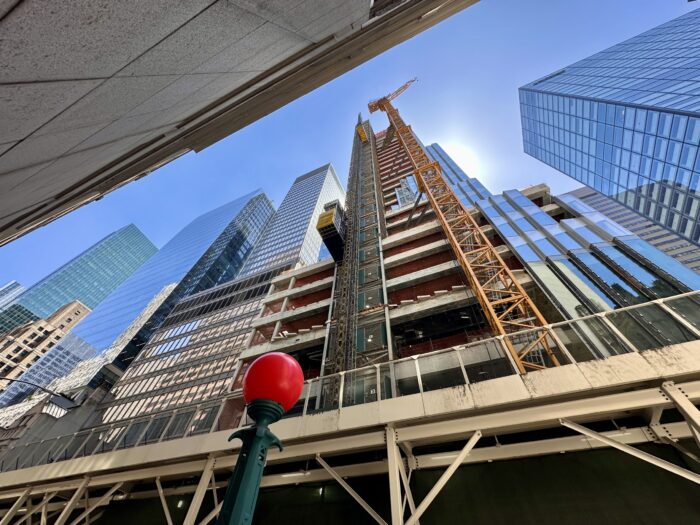Bulletins

Two Contracts, Two Wins: Court Enforces Adjudicator’s Decisions on Related but Separate Contract Claims
13th February 2026

RCO appeals KO’d: Upper Tribunal Confirms Previous Rulings and Clarifies Accountability of Developer and Associated Companies
30th January 2026

JCT Termination Clauses Clarified!
16th January 2026

Call a Spade a Spade: A Payment Notice Cannot Retrospectively Become a Pay Less Notice, Court Says
18th December 2025

Fair’s fair: Adjudicator’s use of own ‘fair and reasonable’ rates did not offend against natural justice
10th November 2025

Is Anyone Home? ‘Smash and Grab’ Hits the Brick Wall of the Residential Occupier Exception
30th October 2025

Settle in haste, repent at leisure: Court confirms adjudication rights may survive into settlement agreements
3rd September 2025

Just deserts: court enforces payment of notified sum without requiring “arid exercise” of further adjudication
21st August 2025

Being realistic: Court adopts common sense, commercial view and holds Payment Application valid
25th July 2025

Too far, too bad – a Cautionary Tale of Tribunal Overreach in Building Safety Disputes
3rd July 2025

International Construction Arbitration in 2025: Horizon Scanning and Hot Topics
1st July 2025

Legal Nitpicking Fails to Derail Adjudication Enforcement
17th June 2025